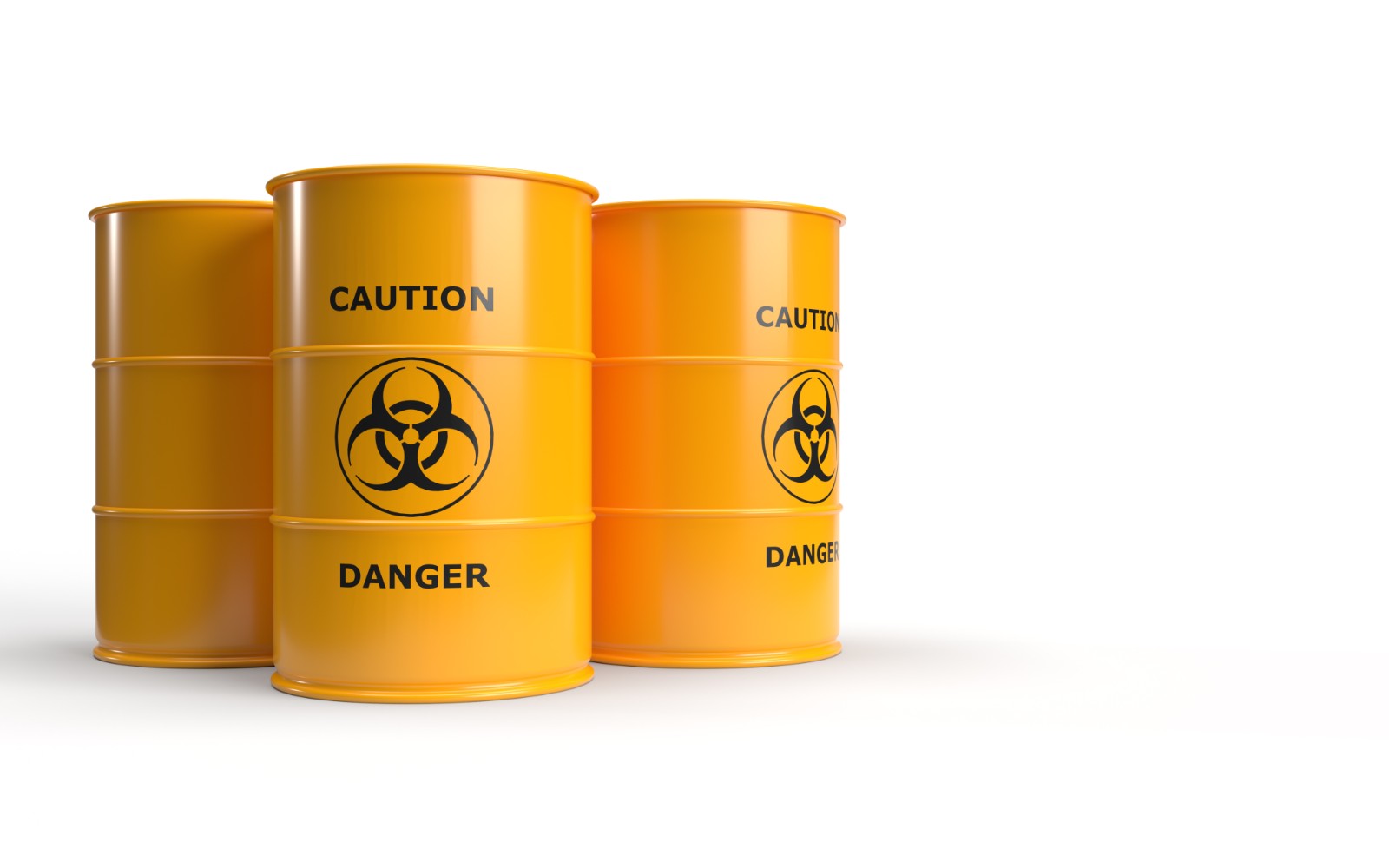
1、 What is international logistics sensitive cargo?
International logistics sensitive goods refer to goods with special properties, such as flammable, explosive, perishable, toxic, radioactive, etc., that require special transportation conditions and security measures. These items require special labeling and handling to ensure safety during transportation.
2、 Types of sensitive goods
International logistics sensitive goods can be classified into various types, such as chemical products, pharmaceuticals, food, electronic products, etc. Chemical products refer to flammable, explosive, highly toxic substances, mainly industrial raw materials and finished products. Pharmaceutical products include drugs and biological products, such as vaccines, plasma, etc. Food includes perishable and perishable foods and beverages, such as fresh food and fresh cut flowers. And electronic products include electronic components and electronic devices.
3、 Transportation methods for international logistics sensitive goods
The transportation methods for international logistics sensitive goods mainly include air freight, sea freight, and land transportation. At present, air freight is the most commonly used method because it can provide the fastest speed and the best security measures. Sea freight is suitable for transporting large quantities of goods and can provide sufficient protection during long transportation periods. Land transportation is suitable for short distance transportation and emergency situations of goods.
4、 Identification and packaging of sensitive goods in international logistics
International logistics sensitive goods require special labeling and packaging during transportation. Identification mainly includes information such as the name of the goods, hazardous characteristics, and transportation requirements to ensure safety during handling and transportation. Packaging requires different measures to be taken according to the characteristics of the goods, such as using special containers and protective materials, to ensure that the goods will not encounter accidents during transportation.
5、 Supervision and regulations of international logistics sensitive goods
The transportation of international logistics sensitive goods requires compliance with relevant national and regional regulations, such as the United Nations Dangerous Goods Transport Regulations (UNADR), the International Maritime Organization's International Maritime Dangerous Goods Regulations (IMDG), and the International Air Transport Association's Air Dangerous Goods Regulations (IATA). In addition, it is also necessary to comply with relevant regulations and standards of the destination country or region.
6、 How to choose a suitable logistics company
Choosing a suitable logistics company is an important step in ensuring the safe transportation of sensitive international logistics goods. It is necessary to select companies with rich experience and professional capabilities, and evaluate and compare their insurance, transportation network, safety standards, and other aspects. At the same time, it is also necessary to have sufficient communication and coordination with logistics companies to ensure that goods can arrive at their destination on time and safely.





